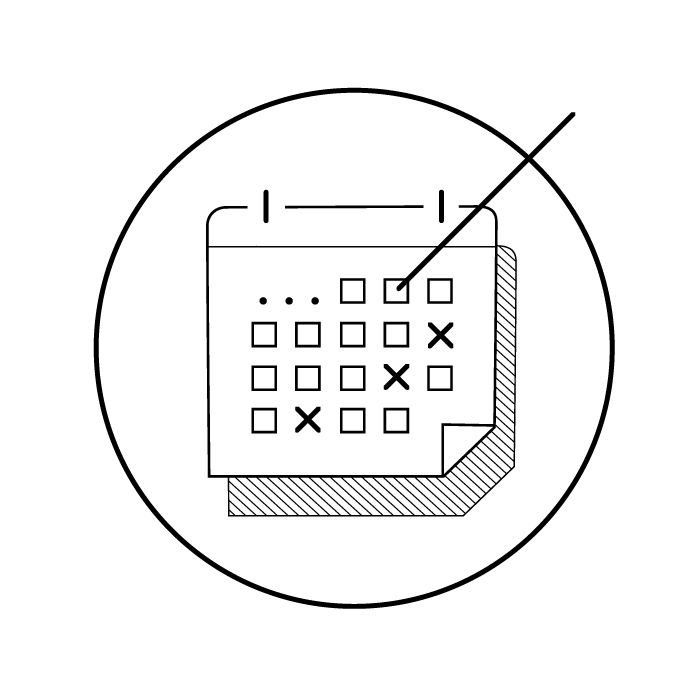 Conference
Conference
The Long End of the First World War
Ruptures, Continuities, and Memories
Symposium
8–10 May 2017
Herrenhausen Symposium
Organisers: Leibniz University of Hanover; Zentrum Moderner Orient (ZMO); Volkswagen Foundation; German Historical Institute London
Venue: Herrenhausen Palace, Herrenhäuser Straße 4A, 30419 Hannover, Germany
The Herrenhausen Symposium ‘The Long End of the First World War: Ruptures, continuities and memories’ takes place in Hanover from May 8–10, 2017. It focuses on the relation between global history and social history, highlighting actors and regions, and it systematically engages with the issue of diverse periodizations. In discussing linkages between experience, historiography, and commemoration, the symposium aims at unsettling the notion of a static and clearly defined ‘end’ of the First World War, a construct mainly based on European developments.
While the armistice of November 11, 1918 marked the end of fighting on the Western Front, the case was different in other parts of the world, particularly in the former Russian and Ottoman Empires as well as in East Africa, where armed conflicts related to the destruction and re-formation of political orders persisted, in some parts even for several years. These struggles affected daily life and biographical trajectories as well as local perceptions, representations and interpretations of the War. Which events or developments marked the ‘end’ of the war? How did the processes which marked the end of the War differ regionally, and how did prisoners of war, demobilized soldiers, women, or children from and in Asia, Africa, and the Middle East perceive and experience the ‘end’? How did this ‘end’ influence new networks, social movements, society, economic processes, or ecological developments? And how were these questions discussed by contemporary intellectuals in Asia, Africa or the Middle East?
With the centennial of the outbreak of the War in 1914 and the increasing temporal distance it conveys, the nature of remembrance, too, is changing. The centennial in 2014 was marked by extensive commemoration activities in many parts of the world, not only on various political levels but also in the media, in the fields of literature and in the arts. The symposium asks whether and how they shaped contemporary dialogues on commemoration, not only in Asia, Africa, or Latin America but also in Europe. Can the loss of ‘Zeitzeugen’ be compensated by the use of electronic and other media? And: does this make transnational commemoration easier (or more difficult)? We are particularly interested in issues and questions of what could be called “non-memory”, forgotten or submerged memories. What is written out of historical narratives and what is being rediscovered? In this respect, the symposium will also discuss questions of changing memories and contested commemorations.
The summary report, written by Tessa Lobbes, is available as a download from the Volkswagen Stiftung website.
You can also watch and listen to selected talks via ‘L.I.S.A. - The science portal of the Gerda Henkel Foundation’.
Conference programme (PDF)